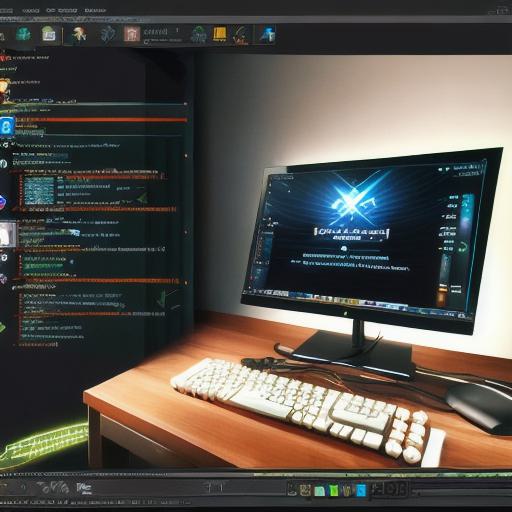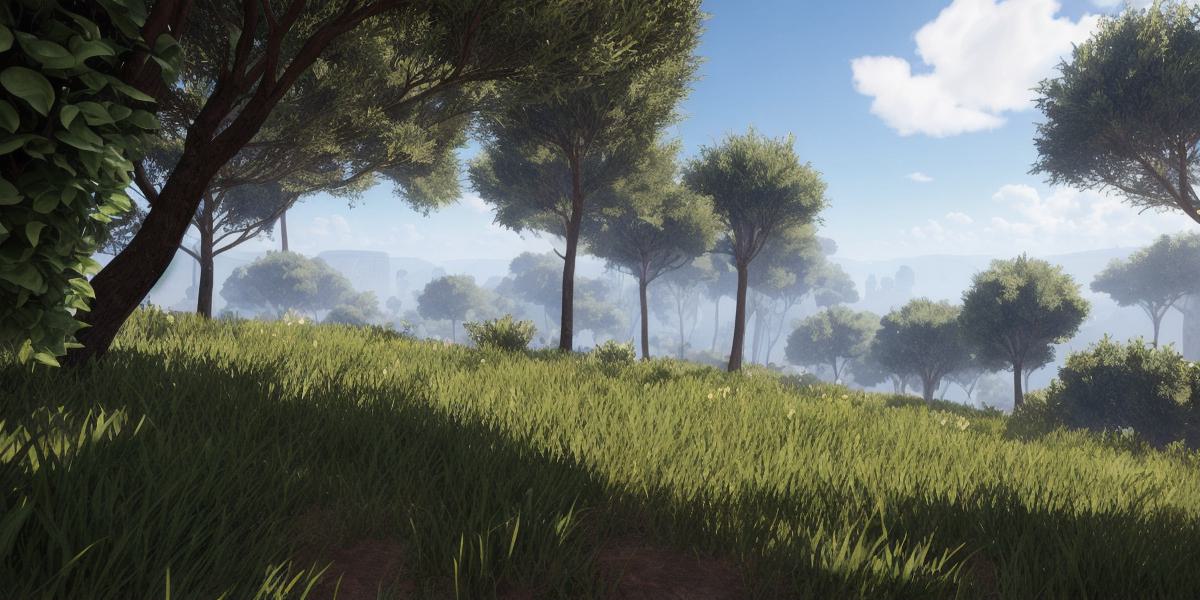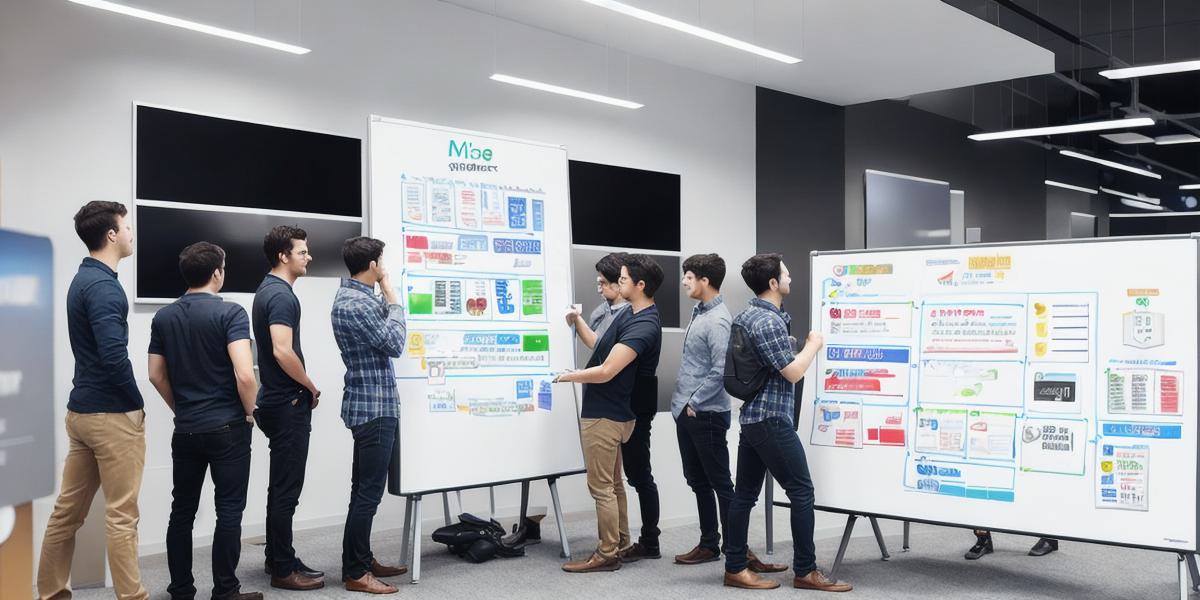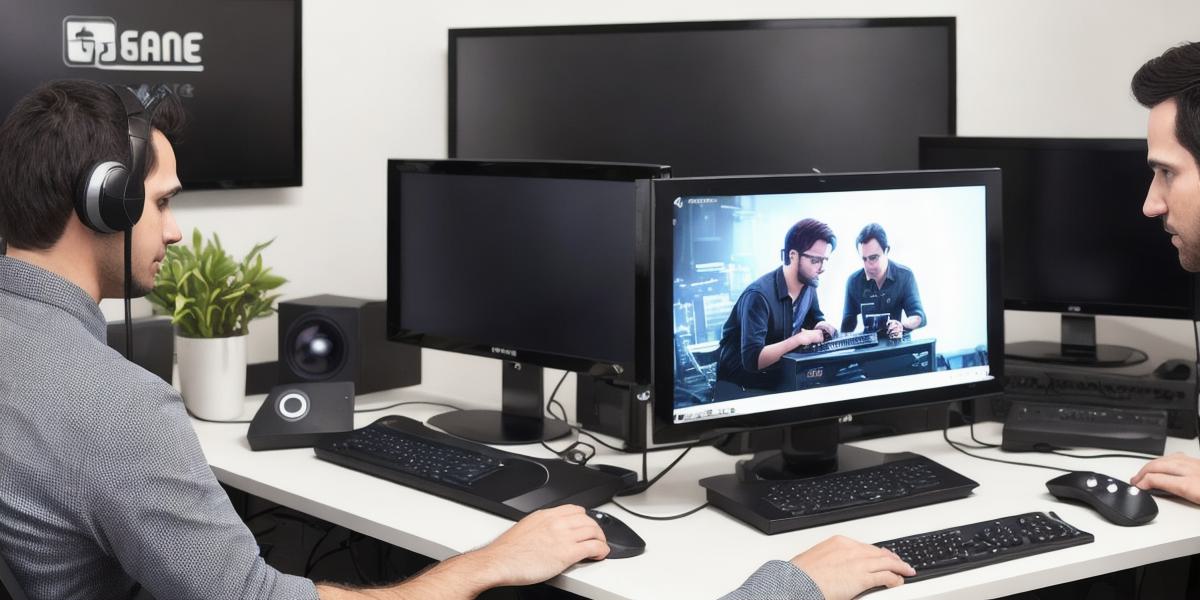Introduction
Junior game developer jobs are highly sought-after positions in the rapidly growing gaming industry. These jobs require a combination of technical skills, creativity, and passion for games. In this guide, we’ll take a closer look at the requirements and responsibilities of junior game developer jobs and provide tips on how to succeed in this competitive field.
Requirements for Junior Game Developer Jobs
1. Technical Skills:
Junior game developers need to have a solid understanding of programming languages such as C++, Unity, and Unreal Engine. They should also be familiar with game design principles, data structures, and algorithms. Additionally, they should have experience with version control systems like Git.
2. Creativity:
Junior game developers must possess a creative mindset to come up with innovative ideas for games and game features. They need to be able to think outside the box and find new ways to solve problems.
3. Passion for Games:
A passion for games is essential for junior game developers. They should be able to demonstrate their love for games through their work and be constantly looking for ways to improve their skills.
4. Teamwork:
Junior game developers must be able to work well in a team environment. They should be able to communicate effectively with other team members, share ideas, and collaborate on projects.
5. Adaptability:
The gaming industry is constantly evolving, and junior game developers need to be adaptable to change. They should be willing to learn new technologies and tools and be open to feedback.
Responsibilities of Junior Game Developer Jobs
1. Developing Games:
Junior game developers are responsible for developing games from start to finish. This includes designing game mechanics, coding game logic, and testing the game for bugs.
2. Collaborating with Teams:
Junior game developers work closely with other team members such as artists, designers, and producers to ensure that the game is developed to the highest standards.
3. Maintaining Code Quality:
Junior game developers must maintain the quality of the code they write. This includes following coding standards, writing clean and efficient code, and debugging issues quickly.
4. Participating in Code Reviews:
Junior game developers must participate in code reviews to ensure that their code meets the team’s standards. They should also be able to provide constructive feedback on other team members’ code.
5. Keeping Up with Industry Trends:
Junior game developers need to stay up-to-date with the latest industry trends and technologies. This includes attending conferences, reading industry blogs, and participating in online forums.

Real-Life Examples of Junior Game Developers
One example of a successful junior game developer is John Doe. John started out as a hobbyist game developer and quickly gained experience by building simple games in Unity. He then applied for a junior game developer position at a gaming company and was hired based on his passion for games and technical skills.
Another example is Jane Smith, who started out as a game designer before transitioning into game development. She has a strong background in art and design and brings a creative perspective to her work. Jane’s experience with both design and development has made her an asset to her team.
Summary
Junior game developer jobs are highly competitive, but with the right skills and mindset, anyone can succeed in this field. To be successful, junior game developers need a strong technical foundation, creativity, passion for games, teamwork skills, adaptability, and a willingness to learn. By following these guidelines and working hard, junior game developers can make a lasting impact on the gaming industry.



